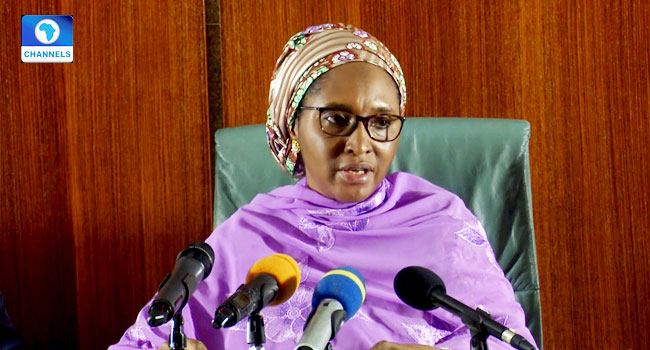Oil futures tumbled 31% in a matter of seconds overnight on Sunday, their sharpest decline since the Gulf War in 1991 thereby setting Nigeria’s 2020 budget in deeper trouble.
Brent crude which is the international benchmark for crude oil, traded at $51.12 per barrel. This figure is $5.88 lower than Nigeria’s $57 crude oil price benchmark in the 2020 budget.
The situation is likely to lead to further erosion of the country’s currency the Naria as the Central Bank of Nigeria might unwilling to further deplete the country’s reserves in defense of the currency.
The incumbent government has already borrowed heavily from both local and foreign markets, with a controversial approval for further borrowing of close to $30 billion just given to the administration by the Senate.
It is believed that the recent approval will bring Nigeria’s total debt stock to about $80 billion which means that Nigeria would be committing close 50 per cent of its annual budgets to debt servicing for a long time to come.
This does not look good for an economy that depends on oil for about foreign exchange earning, which has little or no industrial base.
The deceleration in oil prices is being fueled by sinking demand due to coronavirus concerns, which has in turn sparked a series of price cuts.
Saudi Arabia slashed its prices by the most in at least 20 years over the weekend. A price-cut free-for-all has broken out globally following the collapse of an OPEC+ alliance last week. Talks broke down after Russia refused to meet Saudi Arabia’s request for output cuts, which would boost prices.
Futures on the Dow Jones Industrial Average sank more than 900 points, while S&P 500 futures were hit with a 4% drop at open on Monday. Goldman Sachs analysts have warned that the price of oil could tumble even further, to $20 a barrel.
The drop follows an oil prices plunge on Friday amid concerns that coronavirus will slash demand for fuel. Prices sank as much as 11% — the most since 2014.
The latest development comes after OPEC warned on Thursday that it expects global oil demand to increase by 480,000 barrels per day this year — less than half its 1.1 million barrel-per-day estimate in December. In response, it recommended cutting output by 1.5 million BPD for the rest of this year.
The coronavirus outbreak that originated in Wuhan, China, has killed more than 3,800 people and infected more than 109,000. The virus, which causes a disease known as COVID-19, has spread to at least 105 other countries.
The Rainbow with Reuters














